
Manx
Manx
Manx
Speaking of cats with short tails, there is a breed called Japanese Bobtail. In fact, there is another breed called Manx, which also has a very short tail. However, it is almost impossible to see them in Japan, so many people may be hearing the name for the first time! What mysteries are hidden behind the birth of Manx? And what is the reason for their short tails? Let’s unravel their secrets right away!
Manx Basic Infomation
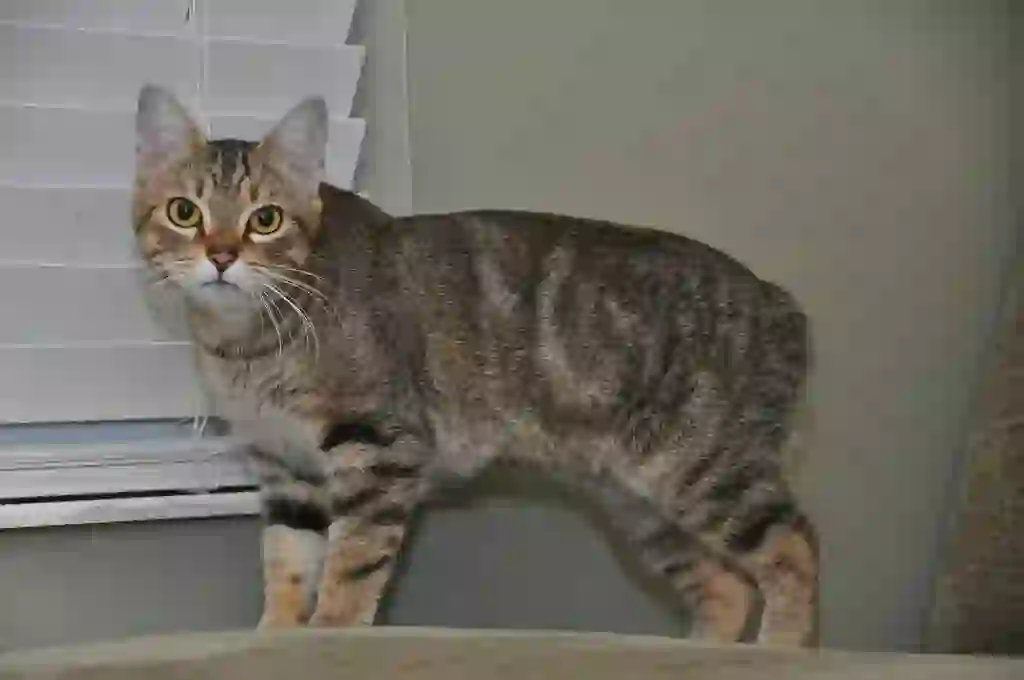
Country of origin United Kingdom.
Weight male: 3-6kg female: 3-5kg.
Manx cats originated on the Isle of Man, located in the Irish Sea between the United Kingdom and Ireland. It is believed that they were born around the 16th century, although the exact history is unclear.
Due to the island’s isolated environment, external cats could not enter, allowing Manx cats to increase in number while maintaining their unique appearance without tails. Subsequently, their popularity grew in the United Kingdom.
In the late 19th century, Manx cats made their way to America, and in the early 20th century, they were officially recognized as a breed by the CFA (Cat Fanciers’ Association). The modern Manx breed has a rounded body shape, which is said to be a result of breeding efforts in America. In the past, they had a slimmer physique.
Manx Q&A

Where does the Manx name come from?
The name Manx was given to this breed because it originated from the Isle of Man, where it occurred naturally.
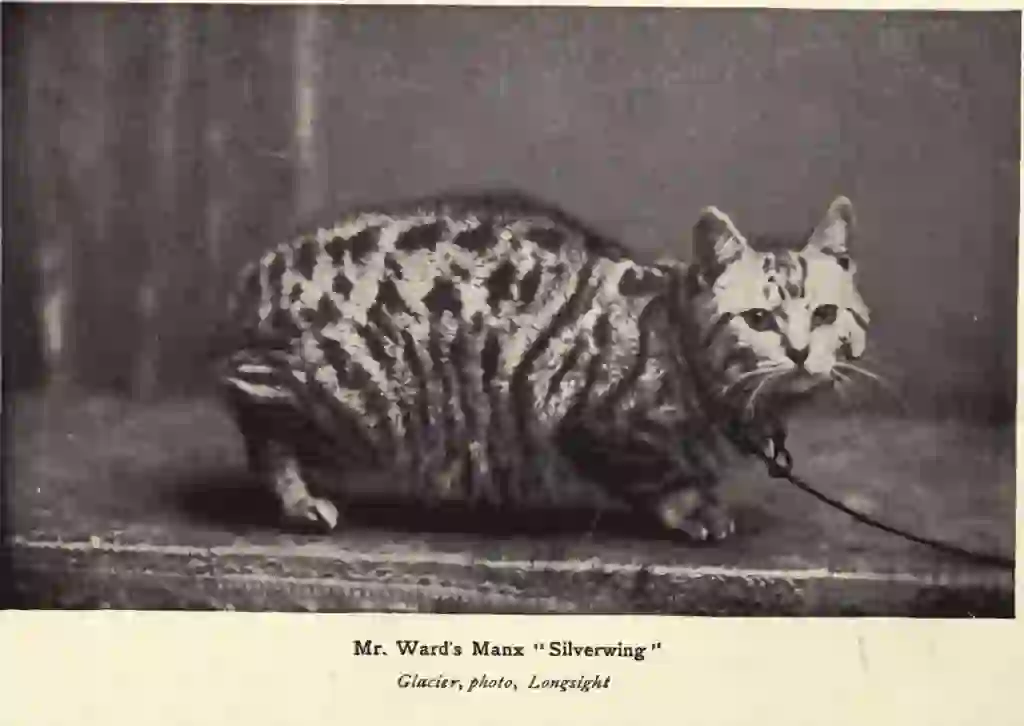
What are the Manx color variations?
There are blue, black, red, and cream colors available.
・Solid color. The entire body, including the face, legs, and tail, is a single color.
・Tabby. There are striped or spotted patterns throughout the body.
・Silver & Golden. Only the tips of the fur have color, while the base is white or a pale color.
・Smoke & Shaded. The top half of the overcoat has color, while the remaining half is white.
・Parti-color. Two colors are randomly mixed together.
・Calico & Bicolor. Half or one-third of the body is white, while the rest consists of two or more colors.
・Tabby & White. Half or one-third of the body is white, while the rest consists of striped or spotted patterns.
・Pointed. Certain parts of the body such as the head, ears, legs, and tail have color.
・Pointed & White. Certain parts of the body have color mixed with white.
The eye colors available are blue, copper, green, hazel, and odd-eyed.
Manx cats are only available in short-haired varieties.
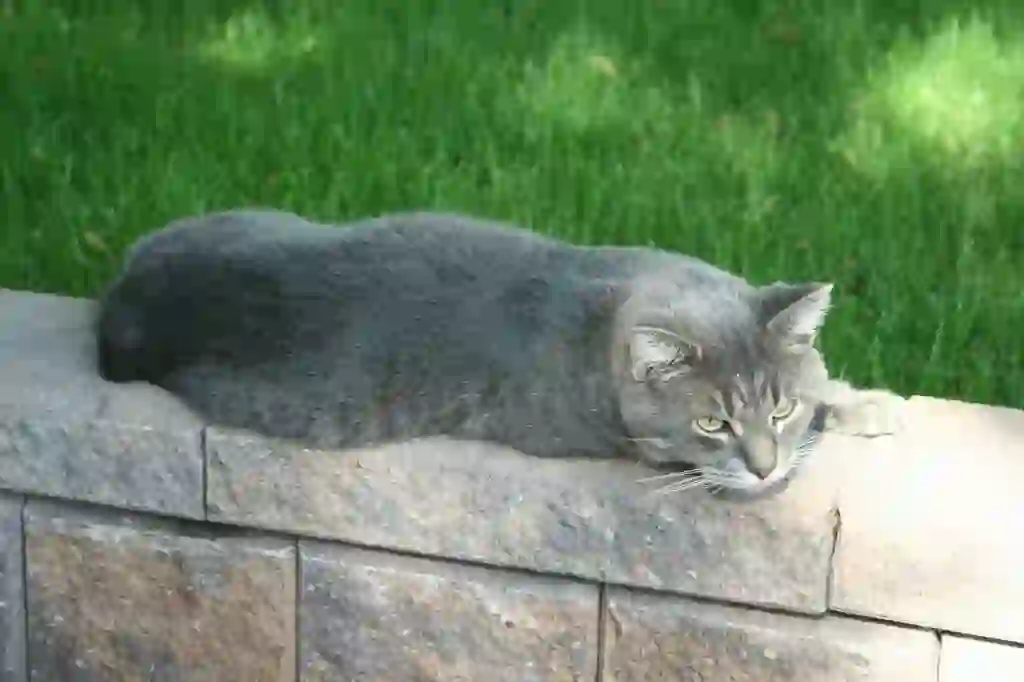
What does Manx look like?
Manx cats have an elongated round head with round eyes. They have broad ears at the base and a cobby body type. They are muscular and sturdy, with hind legs longer than their front legs. Their bouncy running style has earned them the nickname 'Rabbit Cat’.
One of the most distinctive features of Manx cats is their short tail. Interestingly, the length of their tails can be classified into four types:
・Rumpy. Completely tailless; about 20% of Manx cats belong to this type. ・Rumpy riser. A small bone is present at the base of the tail. ・Stumpy. Very short tail that may be bent or twisted. ・Longy. Shorter than an average cat’s tail but longer compared to other Manx cats.
It is quite challenging to differentiate between rumpies and risers. However, if you happen to spot a Manx cat during your overseas travels, I encourage you to observe the length of its tail. Some Manx cats may allow you to pet them, but please be cautious around their rear area as it can be sensitive due to the shorter tail length.
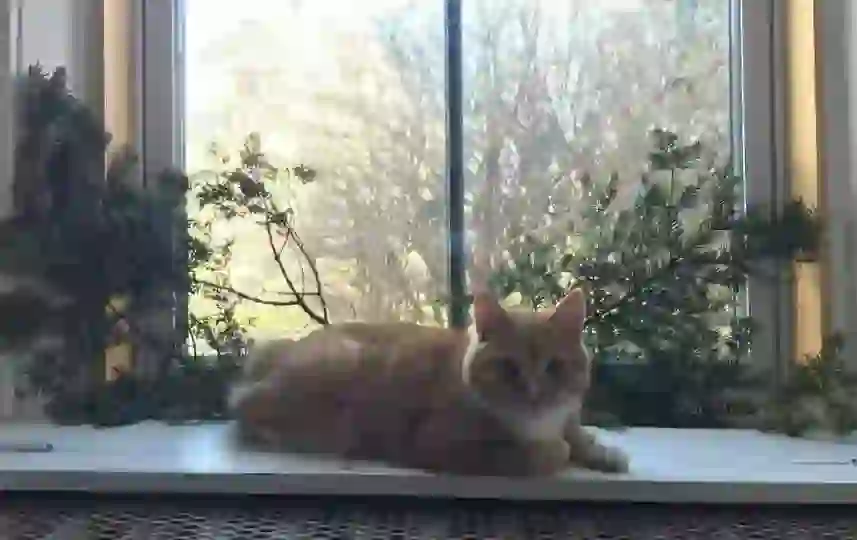
How did the Manx tail be so short?
In conclusion, it is believed that the short tail of Manx cats is due to a genetic mutation. However, there are other unique stories associated with this breed:
①According to this theory, a crew member accidentally trapped a cat’s tail in the door while trying to board Noah’s Ark, resulting in the shortening of its tail.
②It is said that the people of the Isle of Man attempted to use cat tails for helmet decorations. In response, mother cats intentionally bit off their kittens’ tails to protect them from being killed for their fur. This behavior was passed down through generations.
Besides that, a female cat and a male rabbit fell in love, and as a result, the kitten that inherited the rabbit's genes had a shorter tail. There seems to be a fairytale episode.
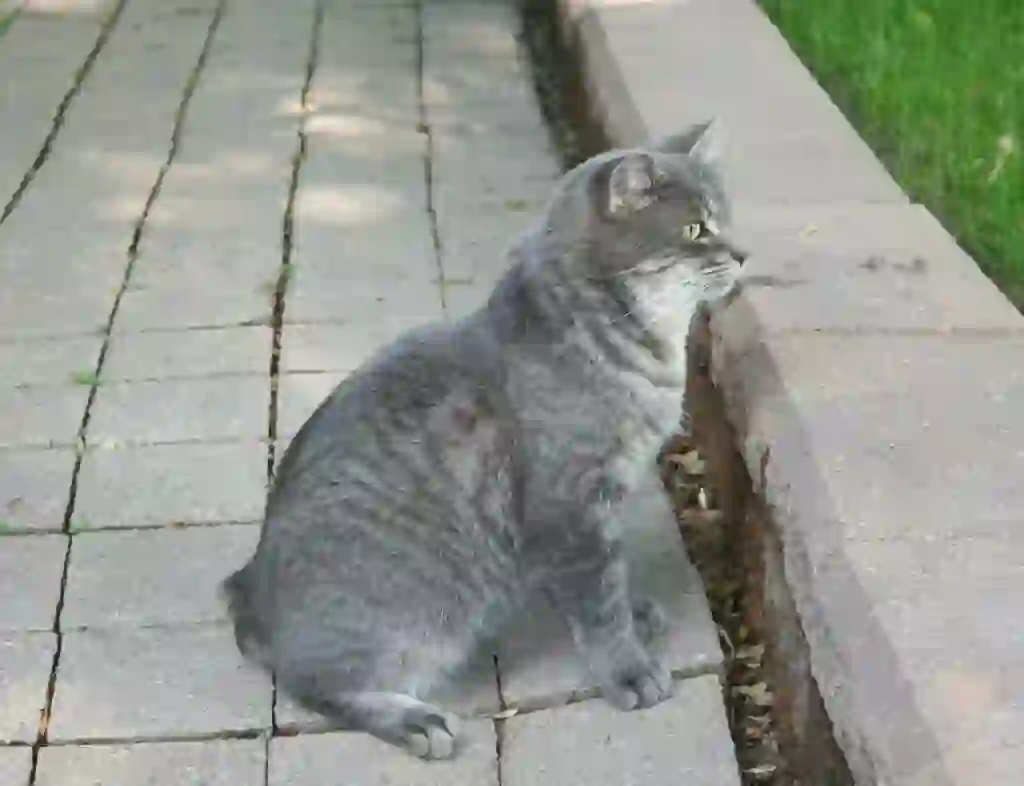
How much does it cost to buy Manx?
If you are considering keeping a Manx cat at your home in Japan, it is important to follow the laws established by the country. Since Manx cats are not widely available in Japan, finding a breeder can be quite challenging. However, there are Manx cat breeders overseas, so if you have acquaintances living abroad, it may be more efficient to search there.
When considering a purchase, the breeder's personality can affect the level of trust. Therefore, I recommend visiting the breeder once you have found a favorite kitten. In the case of Manx cats, mating between two rumpies, which have a high mortality rate, is prohibited. Therefore, confirming this is essential.
Furthermore, if you purchase from a "cattery," which is a higher-level qualification for breeders, the price may be higher than that of regular breeders. A cattery requires certification from pedigree issuing organizations such as "CAF" and "TICA." Breeders with this qualification are considered more trustworthy and can add value to their cats. The higher price is considered proof of trustworthiness.
In addition to these factors, there are several conditions that can affect the price range:
・Being a kitten. ・Having excellent pedigree. ・Having rare colors or patterns.
While there may be other conditions, meeting the above criteria seems to result in higher prices.
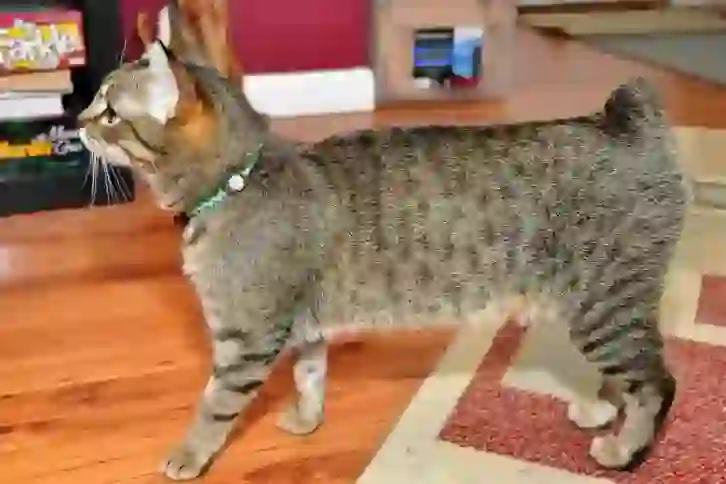
Learn more about Manx's personality and traits!
Manx cats have a shy side and tend to be cautious during initial encounters, making it difficult for them to approach people. However, as they become more familiar, they gradually become affectionate and may even jump onto their family members’ laps when living together every day. They are slightly wary of small children, but if they have been living together since kittenhood, they can get along without any issues.
Long ago, Manx cats had a history of protecting food from mice, and this ability is still present today. Despite their short tails, they enjoy physical activity. They become engrossed in playing with toys such as cat teasers. Since their hind legs are strong, providing a cat tower is also ideal. Although there are individual differences, some Manx cats are not afraid of water and may even enjoy playing with it.
Manx cats are generally calm, but they are actually loyal like dogs and may even stand up to protect their families from external threats. Some people are surprised by their bold actions that they don’t usually show. Additionally, they are considered intelligent and easy to train.
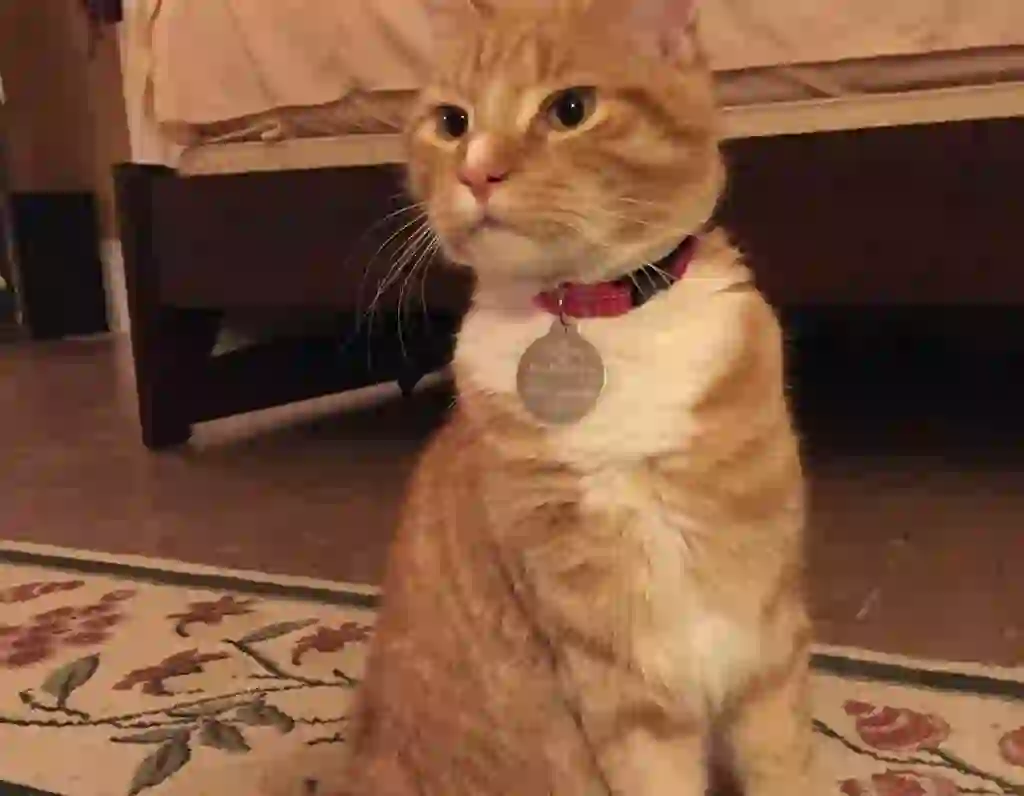
What are the diseases that Manx is susceptible to?
Manx cats are prone to "Manx Syndrome" and "hairballs".
Among Manx cats, the tailless variety, especially the rumpy type, is more likely to develop spinal and intervertebral disc abnormalities due to excessively short spine. This can lead to various functional impairments. Specifically, symptoms may include spinal rupture and defecation disorders. However, it is not possible to determine whether a cat has Manx Syndrome until it is about six months old.
Currently, there are no preventive measures for Manx Syndrome. Therefore, if you plan to keep a rumpy Manx cat, it is important to consider the possibility of onset and carefully plan the environment and care methods that will allow your cat to live comfortably.
"Hairballs" occur when hair ingested during grooming accumulates in the digestive organs such as the stomach and intestines, causing symptoms such as vomiting. Normally, ingested hair is excreted along with feces in small amounts. However, when the amount of hair becomes excessive, it becomes difficult to excrete.
As a result, hairballs that cannot be completely excreted can only be expelled through vomiting. Cats naturally exhibit behaviors such as vomiting hairballs every one to several months. This phenomenon is observed even in healthy cats, so there is no need to worry excessively. However, if you observe an increase in the frequency of vomiting hairballs or an increase in attempts to vomit, it is advisable to consult a veterinarian as this may indicate hairball disease.
Hairball disease is said to be preventable through regular brushing by the owner. Since this also leads to important bonding time with your cat, I encourage you to make regular brushing a part of your routine. However, some cats may dislike brushing, so it is best to gradually introduce brushing while observing their behavior.
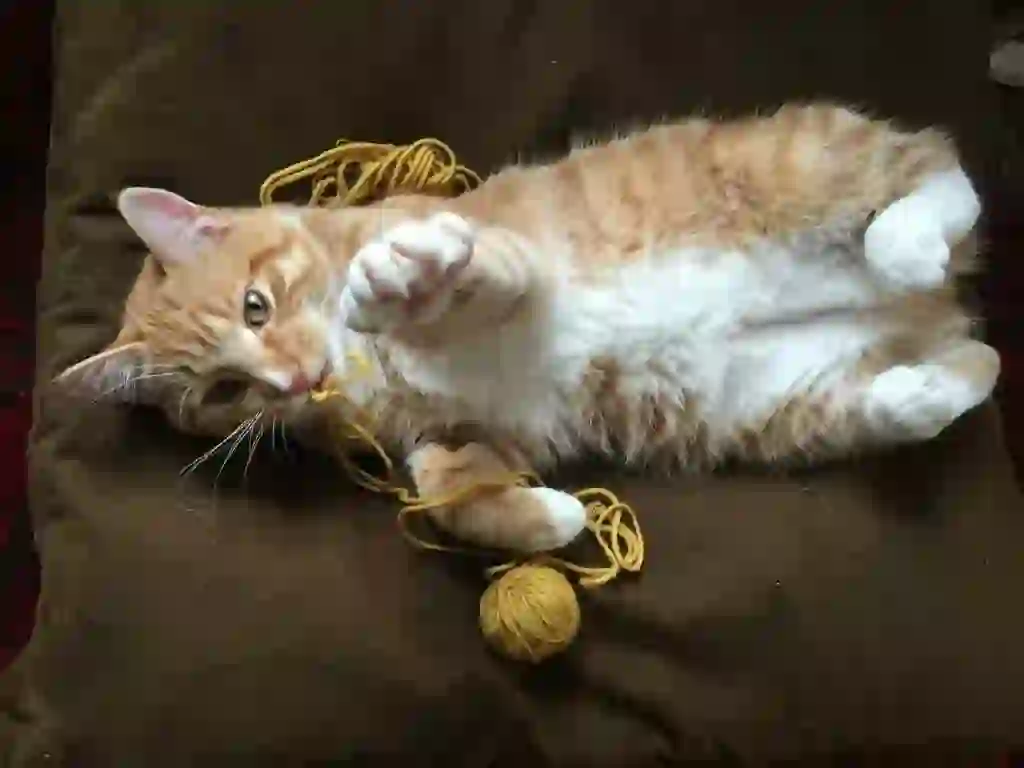
What is the lifespan of Manx?
The lifespan of Manx cats is said to be 10-13 years. This is slightly shorter than the average lifespan of cats, which is 12-16 years.

Would you like to become a part of the 'Animalbook.jp'?
Turn your knowledge into Q&A and share it with the world. ※Publication will be activated after purchase. Let's share information together!
Manx Type of List
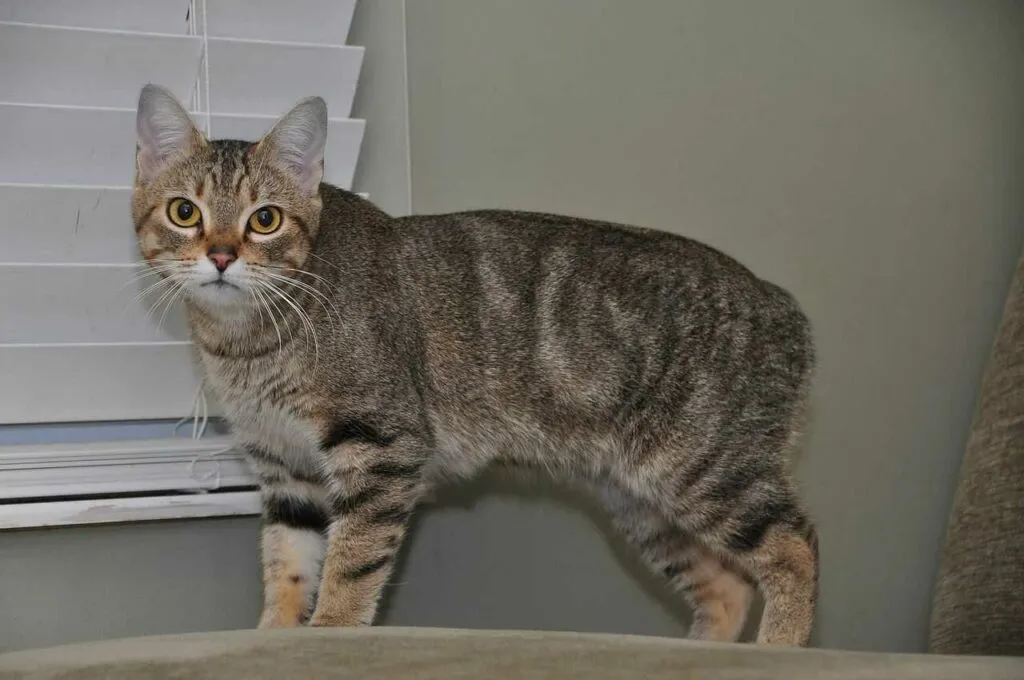
- Manx
Information
Congratulations! You are the first commenter!

Create Your Favorite List!
Manx
Save the animals you love! Build your own list to quickly revisit your favorites later.

Would you like to leave a comment?
※Please note: This is for the purchase of rights to post comments within the article.
Find Your Favorites!
Our shop offers a unique and attractive selection of goods themed around various animals.
Manx References

- まるごとわかる猫種大図鑑 監修:CFA公認審査員 早田由貴子
- 世界中で愛される美しすぎる猫図鑑 監修 今泉忠明
- The Cat Fancier's Association, Inc. https://cfa.org/manx/
- 猫との暮らし大百科 https://www.anicom-sompo.co.jp/nekonoshiori/
- みんなの猫図鑑 https://www.min-nekozukan.com/
- Pet Smile news forネコちゃん http://psnews.jp/cat/
- 子猫のへや https://www.konekono-heya.com/sitemap.html
- ねこちゃんホンポ https://nekochan.jp/
- 公益社団法人 埼玉県獣医師会 https://www.saitama-vma.org/topics/猫の遺伝性疾患について/
Manx Introduction of media used

出典:https://commons.wikimedia.org/wiki/File:A_Rumpy_Manx_Cat.jpg

出典:https://commons.wikimedia.org/wiki/File:Manx_Silverwing.JPG

出典:https://pixabay.com/images/id-367223/

出典:https://commons.wikimedia.org/wiki/File:Linus_the_Manx_2.jpg

出典:https://pixabay.com/images/id-367222/

出典:https://commons.wikimedia.org/wiki/File:Linus_the_Manx_1.jpg

出典:https://commons.wikimedia.org/wiki/File:Linus_the_Manx_3.jpg

Help Enrich Our Animalbook.jp with Your Media!
We are constantly looking to expand and enrich our Animalbook.jp with amazing photos and videos of animals. If you have any media that you'd like to share, please contribute and help us showcase the beauty and diversity of the animal kingdom. Your submissions will be credited and featured in our encyclopedia, reaching a wide audience of animal lovers.


















